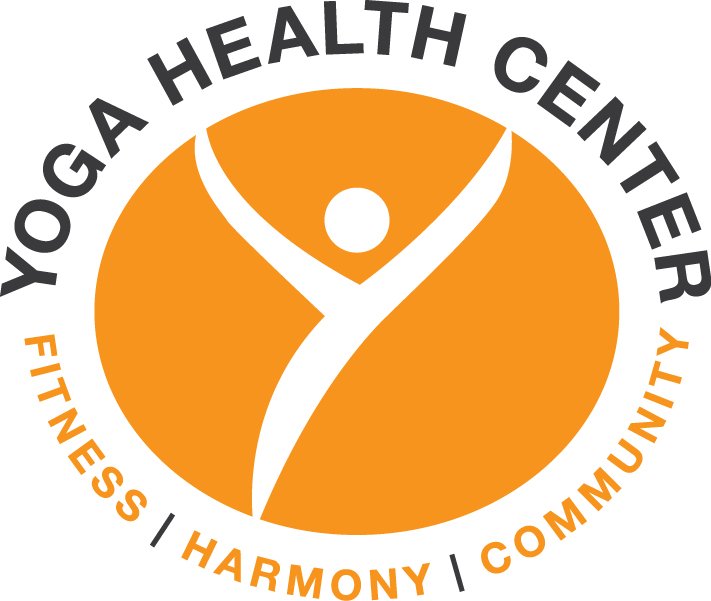Why Is Relaxation Yoga Effective for Stress Relief?
Relaxation yoga is more than just a series of poses; it’s a holistic approach to reducing stress and promoting overall well-being. In this blog, we'll explore the unique benefits of relaxation yoga and how it can transform your mental state, making it easier to cope with life's challenges.
Understanding Relaxation Yoga
Relaxation yoga is often overlooked in a world that prioritizes fast-paced living. At its core, it combines gentle movements, calming postures, and deep breathing to facilitate a profound sense of tranquility.
This practice is all about tuning into your body and mind. By slowing down, we can begin to notice how tension accumulates and interacts with our thoughts.
Moreover, relaxation yoga isn’t just a physical exercise. It's a pathway to mental clarity and emotional stability. It invites you to breathe deeply, quiet the mind, and let go of overwhelming stressors.
Think of relaxation yoga as a nurturing retreat for your whole being. Each session is an opportunity to recharge, reconnect, and cultivate a peaceful inner landscape.
How Relaxation Yoga Reduces Stress Levels
The effectiveness of relaxation yoga in reducing stress levels is rooted in its ability to activate the body's natural relaxation response. This response counters the stress-induced fight-or-flight mode.
When you engage in gentle stretches and mindful breathing, your heart rate slows, and your muscles begin to release tension. This physical release is complemented by a psychological shift away from anxiety.
Studies suggest that even a brief session of relaxation yoga can significantly lower cortisol levels, the hormone primarily responsible for stress. As you practice, you're not only calming your mind; you're also influencing your biochemistry.
Thus, relaxation yoga serves as a powerful tool for achieving emotional equilibrium, leading to greater resilience against life’s challenges. It allows you to confront stressors with a clearer, more composed mindset.
Techniques in Relaxation Yoga for Stress Relief
Many techniques simplify complex concepts in relaxation yoga, making it approachable for everyone. One popular method is the use of restorative postures, where the body is supported and encouraged to surrender into deep rest.
These postures, often held for extended periods, allow for the release of tension while promoting a sense of safety and comfort. They prepare the mind to welcome relaxation.
In addition to postures, guided visualization is a powerful technique employed in relaxation yoga. Imagining serene landscapes or peaceful experiences can deeply enhance your state of relaxation.
Furthermore, incorporating mindfulness meditation helps anchor your thoughts in the present moment. This shift in focus enables you to detach from the worries of the past or the future.
The Role of Breathing in Relaxation Yoga
Breath is the cornerstone of relaxation yoga. Slow, intentional breathing practices can effectively calm the nervous system, resulting in a noticeable decrease in stress levels.
One effective technique is diaphragmatic breathing, where you engage your diaphragm rather than shallow chest breathing. This deep, rhythmic pattern not only nourishes your body but also signals to your brain that it's time to relax.
During yoga sessions, focusing on your breath allows you to connect with your body on a deeper level. It serves as a guiding light in moments when the mind wanders to stress or worry.
Ultimately, mastering your breath can lead to increased awareness and control over your body's stress responses. This control is invaluable as it allows you to navigate life’s ups and downs with greater ease.
Incorporating Relaxation Yoga into Daily Life
Incorporating relaxation yoga into your daily routine doesn’t require hours each day; even a few minutes can make a significant difference. You can start with short sessions, perhaps in the morning or before bed, to set a positive tone for your day or to unwind.
Consider creating a dedicated space in your home for your practice. This designated area can enhance your focus and commitment, helping you to associate this space with peace and relaxation.
Moreover, combining relaxation yoga with other self-care activities, such as journaling or listening to calming music, can amplify the benefits. It nurtures a routine that prioritizes stress relief.
Lastly, remember that consistency is key. By making relaxation yoga a regular part of your life, you'll not only become more adept at the techniques, but you'll also foster a deeper state of calm and resilience to stress over time.
Embrace Relaxation Yoga for a Stress-Free Life
In summary, relaxation yoga offers a variety of techniques and benefits that can significantly contribute to stress relief. By incorporating these practices into your routine, you can enhance your mental clarity, emotional resilience, and overall health.


